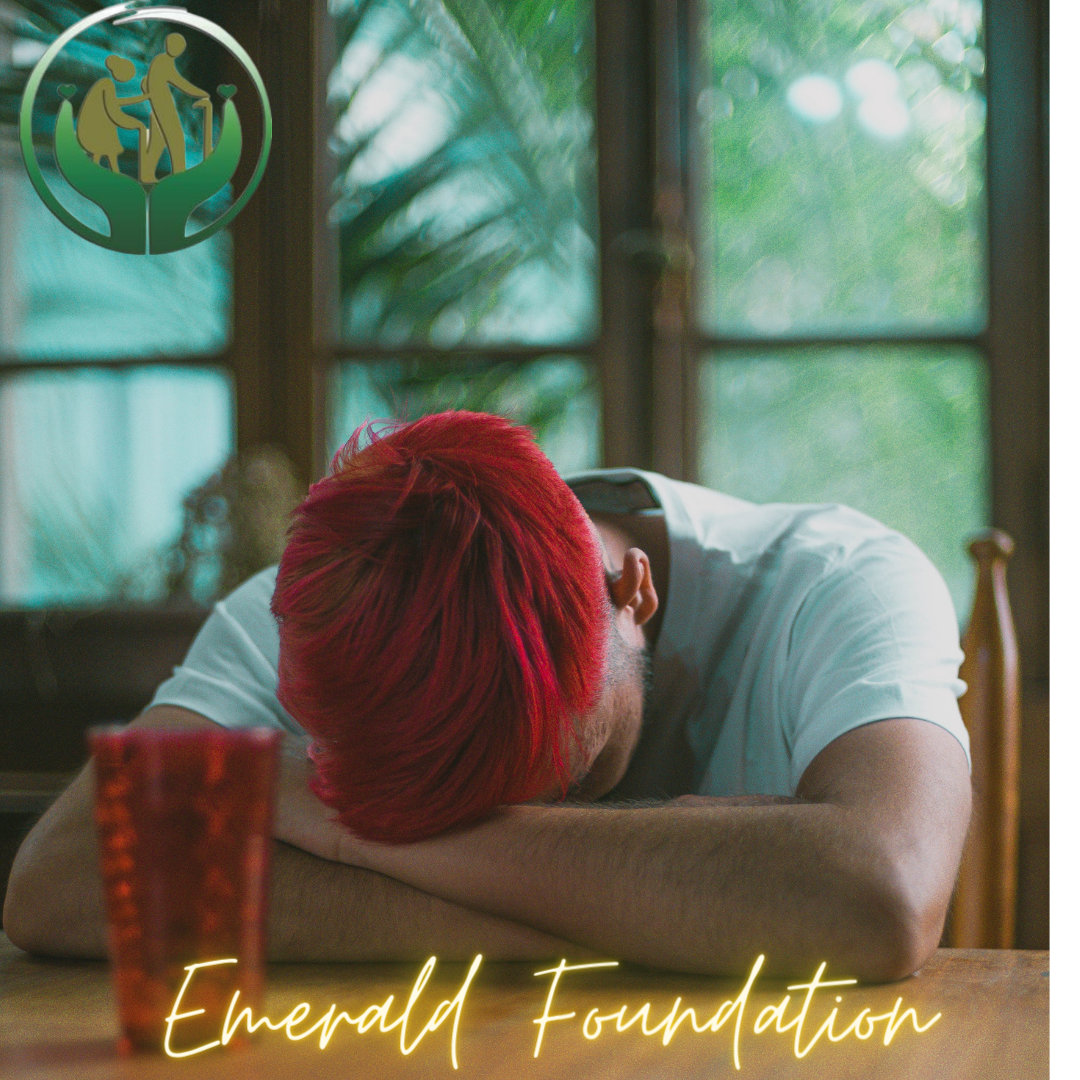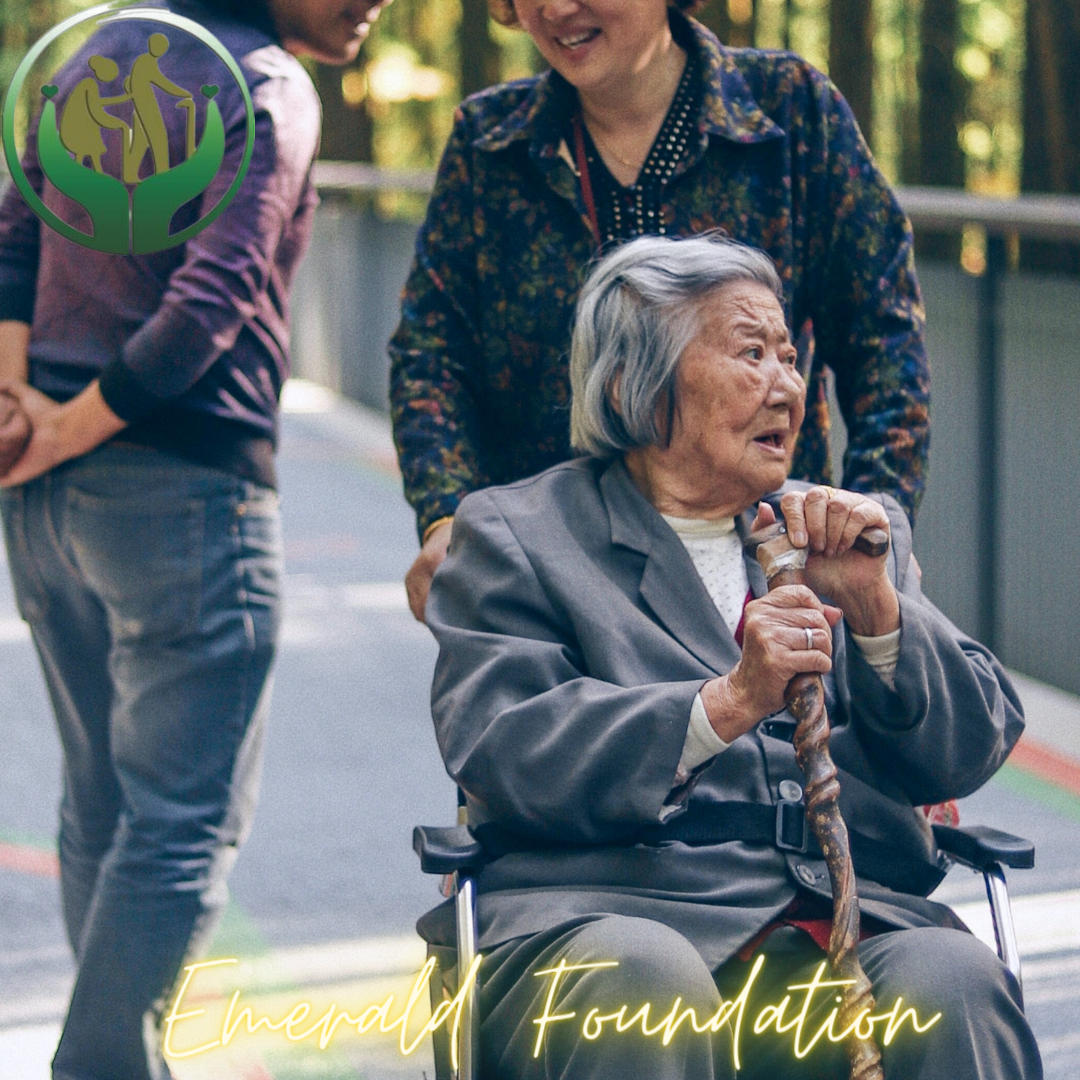To best manage stress, the first step is to notice how stress typically shows up and then create a tailored plan for stress relief.
Point 1: If stress usually impacts your body such that you experience high blood pressure, heart racing, fatigue, or aches and pains, find some physical ways to reduce stress like going for a walk or doing some gentle stretches. Shaking a calming jar is another physical action that can help individuals calm down and reduce stress.
Point 2: If stress affects your thoughts or feelings and you become more forgetful, anxious, negative, or sad, use your mind to reduce stress through meditation, prayer, mindful breathing, or other relaxation activities. Practicing gratitude is also an effective way to relieve stress as it redirects our attention towards positive thinking.
Point 3: If stress impacts your behaviors and you tend to misuse substances (food, drugs, alcohol), under/oversleep, yell at or withdraw from people, find an alternate behavior to replace the unhealthy behavior. For instance, if you comfort-eat when stressed, choose to go for a brief walk, journal, or call a friend instead.










